Do Mice Bite
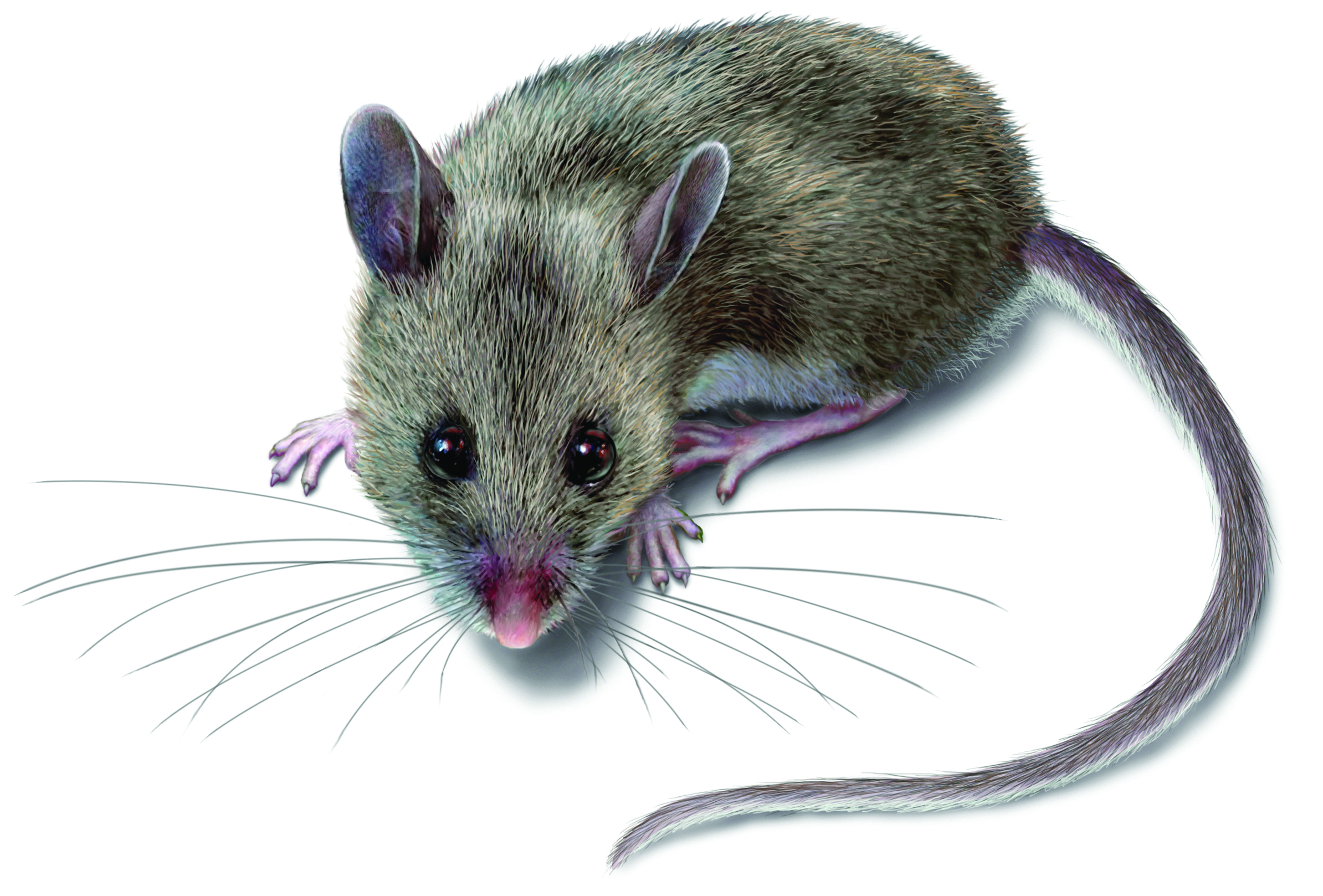
What To Do If You'Re Bitten By A Mouse
Harshil Mata, DO Medically reviewed. Daniel Yetman, September 18, 2020. Mice bite side effects and risks. Pet mice Seeking medical help. Summary. Rats and mice can transmit disease via their saliva, feces and urine. In addition to transmitting diseases, they can also be carriers of mites and fleas.
Luckily, mice aren't aggressive and usually only bite people when they feel threatened or cornered. You are unlikely to be bitten unless you handle them.
While most mice bites are not dangerous, it's a good idea that you see your doctor immediately if you're bitten. There is a risk of infection from being bitten by rodents. There are potentially fatal conditions that could result from rodent bites. Mice can carry both bacteria and viruses.
Let's have a closer look at the dangers and what it looks like to be bitten by mice.

Are Mice in the House Dangerous for Your Health?
It is short: yes. Fact is, mice are responsible for many serious health problems and illnesses. According to the Center for Disease Control, mice have spread many illnesses around the globe. The diseases are spread to humans directly: through contact with mice feces, saliva or urine, mouse bites and mere contact. Mouse diseases, however, can also be spread indirectly: ticks, fleas and mites that have fed, at some point, on the infected mouse and then transmit that infection to humans.
Mice create a lot of mess. To mark their place, mice urinate all over it. It is messy and nasty, to be sure, but mice waste also carries a number of known pathogens that can be very serious and lead to health problems. You can see this example:
Hantavirus – this is most often found in deer mice. Found in rodent urine and feces, the virus can be transmitted to humans if they come into contact with either of those substances. Furthermore, urine and feces from mouse can turn to a powder and carry the virus. Hantavirus can be characterized as many other diseases, with symptoms such as fever and chills. If it's not treated quickly, it can progress to more severe conditions, such as shortness and failure of the kidneys, that can cause death.
Salmonella – because rodents like mice go looking for food, and will eat just about anything they can get their tiny paw and sharp teeth on. They will also walk on your kitchen counters and through cabinets and other food items, contaminating them with bacteria and dirt. One of the most severe is salmonella. This condition is often called food poisoning. This condition can be dangerous and cause serious symptoms like severe stomach cramps, diarrhea and vomiting.
Lymphocytic choriomeningitis, also known as rodent-borne viral infections such as encephalitis and meningitis, is a serious neurodegenerative disease caused by rodents. It is primarily carried by the house mouse, but hamsters in contact with wild mice at pet stores can also carry the disease. Infected individuals contract the disease from exposure to urine, saliva and nesting materials, as well as fresh urine.
Keep in mind that mice and rodents don't always shower. This means they are often covered in parasites like ticks and fleas. Parasites that mice are carriers of have been implicated in several illnesses, including the following:
Lyme disease is a condition that can be transmitted by ticks. Mice often have Lyme disease with them. The spread of Lyme disease can be easily caused by ticks.
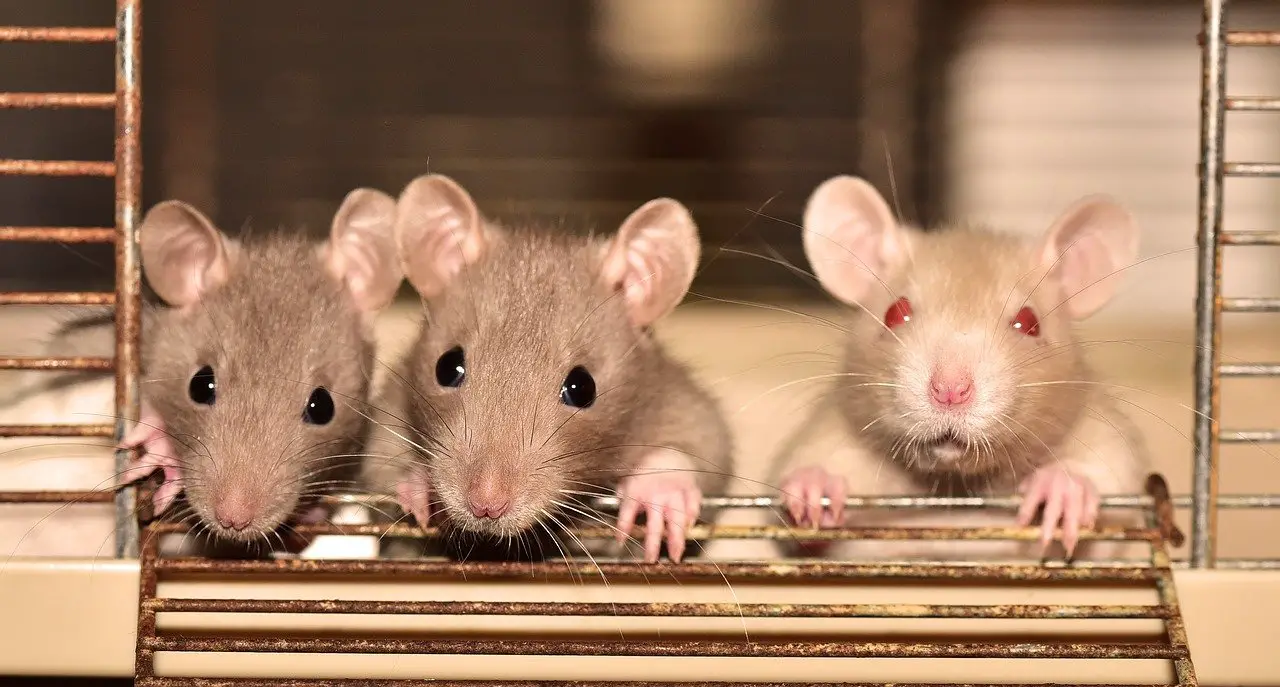
What Are the Health Risques for Mice Living In A House?
Mice carry diseases that can make a home dangerous for mice infestation. Most mice don't bite and can be handled so it isn't a risk. Mice can be a problem, but they are not dangerous. They carry diseases and parasites with them. You can get food contaminated from them. Their presence is a major contributor to the spread of bacteria and viruses that could be dangerous and possibly deadly to people.
They can chew on the wiring inside walls and pose other hazards. Their teeth will grow and they can cause damage to property. They must also chew wood and other tough things in order to control their appetites. It is possible for them to chew wires and wiring when they are stuck inside walls. Exposure to wiring could cause shorts, which can lead to an electrical fire.
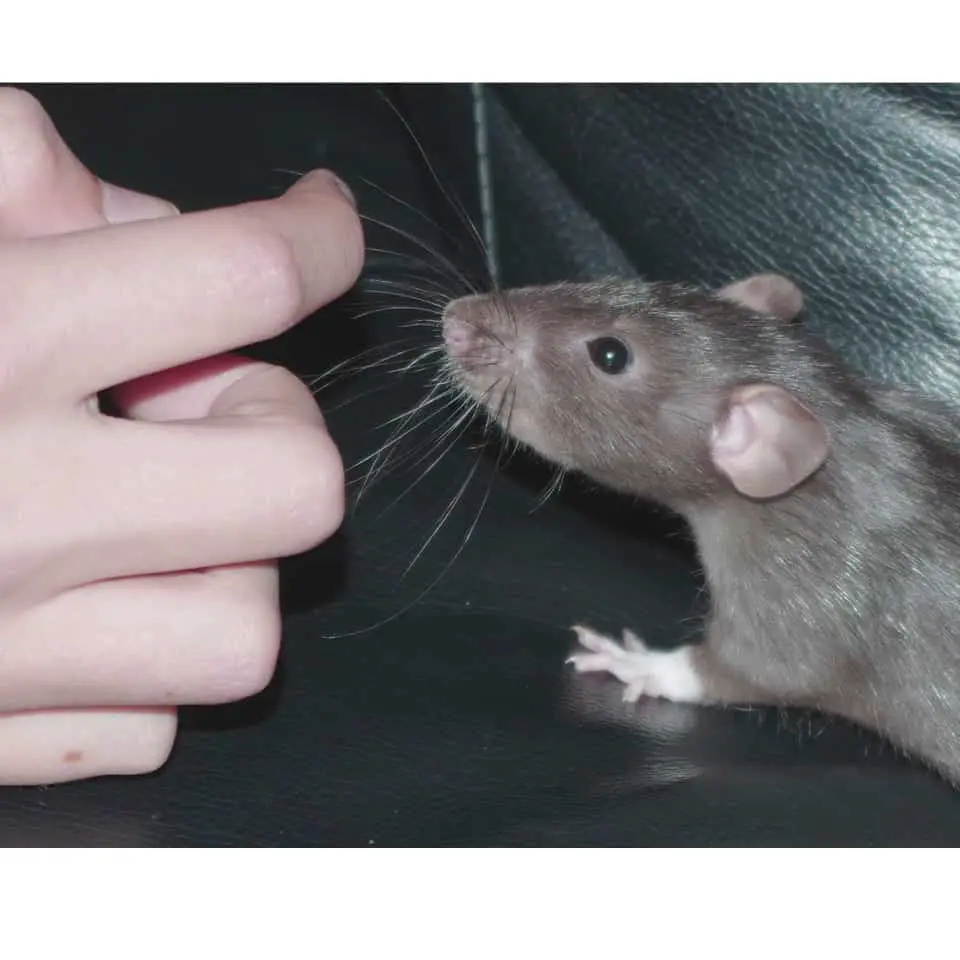
What do Mice Do to Their Skin?
They are, short and simple.
Any animal that is tooth-bearing will likely bite you if it becomes upset, afraid, overexcited, or feels threatened. Mice don't seem to be any different.
In the case of a rodent infestation, it's normal to be anxious. A mouse bite usually isn't very painful. It is important to determine what kind of rodent you are dealing with before the mouse decides to bite you. Different varieties of mice may have different diseases.
Deer mice are a potential host for the Hantavirus. House mice can also carry Leptospirosis, Salmonellosis, or both. However, the threat to field mice is not as great if your home is in an urban area. The rodents won't notice you. If you happen to meet a field mouse and it decides to sinks it's little teeth into your hand, it's only because the animal is terrified and is trying to defend itself. If the animal is sick, there are other options.
How would you react if you were bitten? This is a fact. The health hazards of getting bitten by mice and what you can do about it will be covered in this article.
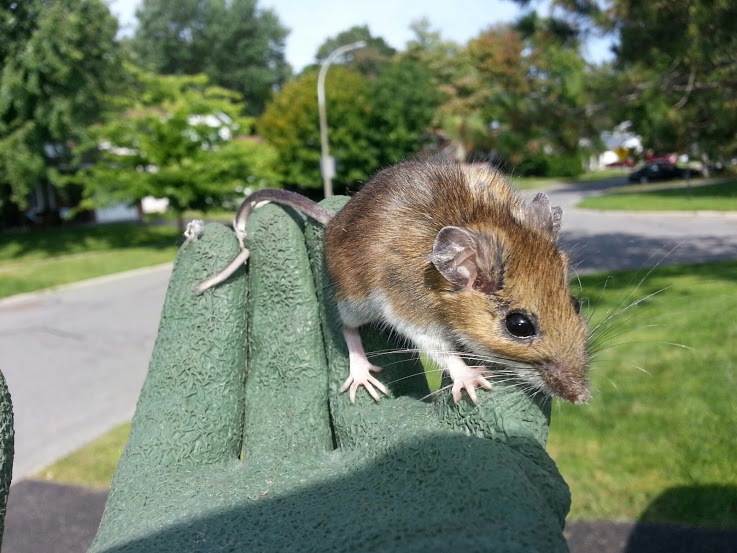
What To Do If You'Re Bitten By A Mouse
">Do Mice Bite People?
In the winter, mice are more likely to seek shelter indoors. Like many rodents, they are an annoyance if they get inside. While they are destructive to furniture, can chew on clothing and eat food if allowed in, there is a greater danger: Can mice bite humans? You need to be aware of how you can protect your family and yourself from mice bites. You can find out here more about what to do if you get bitten and the risks involved.

Risk Factors Of Bites
While mice are not known to attack humans very often, it is important to understand what to do if they do. Infection is the most dangerous risk of being bitten. A person with an impaired immune system, such as elderly or people with chronic medical conditions, is at greater risk for complications. The following signs may be indicative of an infection after being bitten by mice:
As time passes, your pain can increase.
You develop a fever.
The wound develops red streaks.
It is possible for the swelling to worsen around the wound.
You develop pain in your lymph nodes.
You should seek immediate medical attention if any of these symptoms occur after you've been bitten by mice. Your doctor may be able help you clean up the bite and prescribe antibiotics to prevent infection.

How to Avoid Bites
Avoiding mice bites can be done by making sure the rodents don't enter your home. Keep food and crumbs out of reach for mice to avoid them getting into your house. These rodents might be already in your house. Wash all your cookware and your hands with soap before you use it. You should wear shoes in the house. You should immediately call an expert company if you think you might have a rodent infestation. Mice multiply quickly and the longer they wait the worse the infestation. Because of potential dangers, never attempt to eliminate mice by yourself.
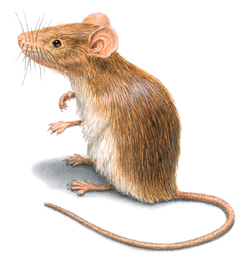
3. Dangerous Parasites
Finally, rodents can be carried by mice, including fleas, ticks, and mites. One bite can cause severe and sometimes fatal health issues, including:
Bubonic plague is a disease transmitted by rodent fleas. It can cause severe skin reactions, as well as fever and death.
Lyme disease, which can be spread through tick bites, is characterized by joint pain, swelling, itching, inflammation of the skin, and headaches. Lyme disease can infect more than 300,000. In some cases it can even be fatal.
Pox is caused by mites. It can lead to fever and lesions.
Typhus is caused by fleas. It can result in severe respiratory complications.
While some of these health conditions may seem mild to most people, consider how they might impact those with delicate or compromised immune systems, such as people with other health conditions, young children, and the elderly. You and your family don't have to be in close contact with the mouse for these parasitic conditions to occur. The parasites amplify the potential danger of every mouse.
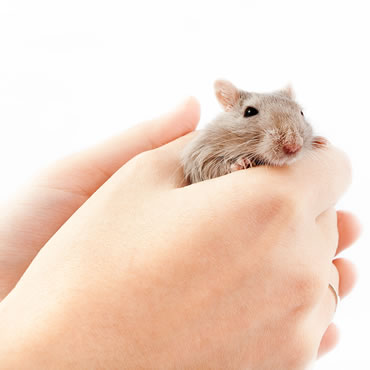
Diseases From Wild Rodents
Hantavirus Hantavirus Pulmonary Syndrome (HPS) is a severe illness caused from exposure to the droppings or urine of deer mice that carry the virus. Washington State annually reports about 1–5 hantavirus-related cases. About a third of those cases were fatal. Take precautions when cleaning enclosed areas such as sheds, trailers and cabins that have seen rodent droppings or mice nesting.
Leptospirosis is a disease caused by bacteria called Leptospira that infects both humans and a wide range of animals. It occurs worldwide but is more common in temperate and tropical areas of the world. Some individuals infected by leptospirosis may have minimal symptoms while others can become very ill. Wild and domestic animals such as dogs, cats, horses, raccoons and rats can carry the Leptospira bacteria. They also pass it in their urine. Most common sources of infection are soil and water contaminated by infected urine.
Plague can be a serious infection caused by a bacteria called Yersinia. The most common cause is a bite by a flea from an infected wild creature, like a rodent, chipmunk, or prairie dog. This disease can cause large sores or abscesses of the legs and glands. The disease can be spread to human companions by dogs, cats and even horses. While wild animals in Washington do not have the plague germ, people can get infected fleas from domestic and companion animals. Antibiotics can be used to treat plague.
Tularemia (or Francisella tularensis) is a bacterial illness that affects wild animals. Pets can also become infected by tularemia if they come into direct contact with infected animal carcasses or raw meat. Tularemia may also be spread by an arthropod bite (e.g. ticks, biting flies), exposure to contaminated water or soil, and inhalation of bacteria. Annually, one to 10 people get tularemia. Handling dead and ill animals is a good way to prevent tularemia. Don't drink untreated water in areas where tularemia is known to occur in wild animals.
Can Mice Bite People While They Sleep?
Are you asleep and a mouse going to bite you? You won't get bitten if you are asleep. The truth is that if there is a chance to experience a mouse bite, while you are snoozing, it's a minimal one. Humans are not a threat to the critters and they won't be allowed in your room if you have food sources, like crumbs.
Are House Mice Dangerous?
They are dangerous and destructive pests. Mouse infestations are a problem because mice can carry, transmit, and even spread viruses, bacteria, as well as other diseases. Commonly, they cause damage to private property and can also destroy crops.
Do Mice Love the Lights On?
They are scared of bright lights and noises too. Mice have weak eyesight so they depend on their senses. The lights in your home are not effective at deterring mice. May 2, 2020
What is the Average Time Mice Bite Humans?
House mice come with longer tails than field mice and are available in many colours, such as brown, gray, or black. They are smaller than field mice, typically growing to be about 5 inches long. It is rare for field mice to bite human beings. More often than not, they avoid people and are fearful of coming into contact with humans.Apr 29, 2020












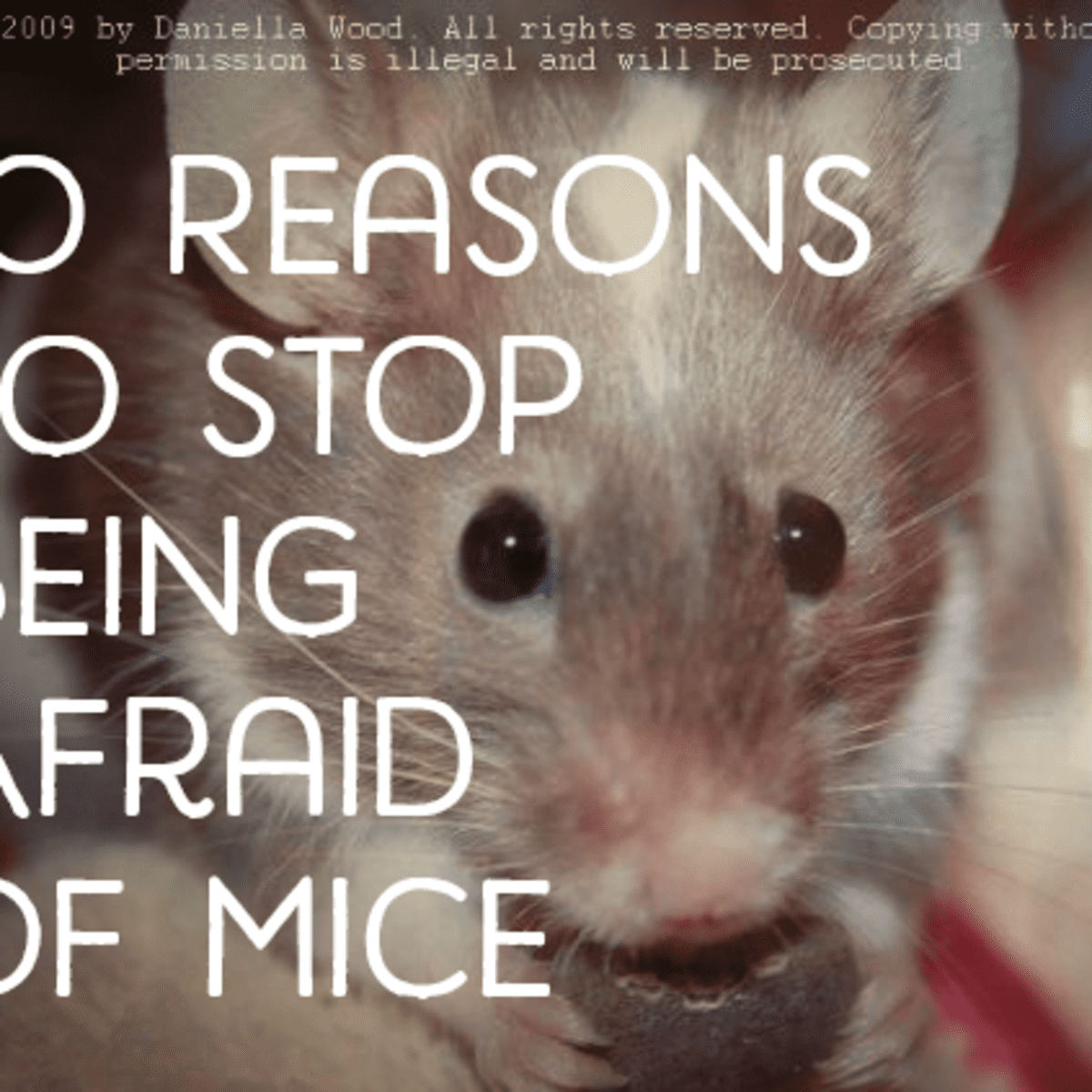

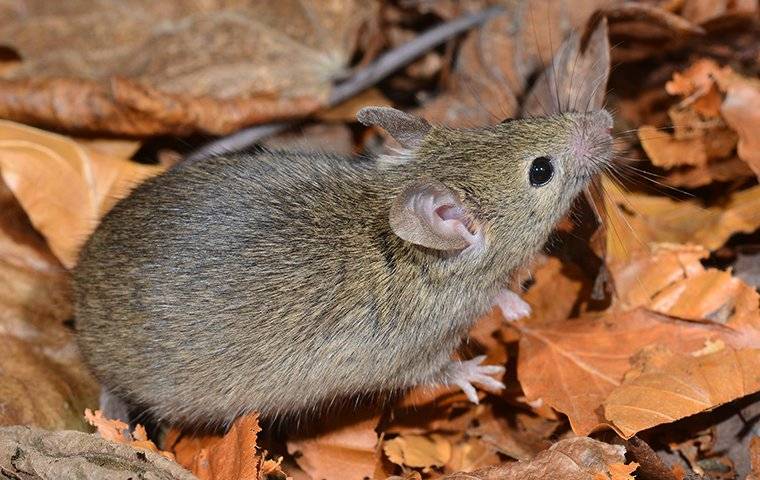








:fill(white)

